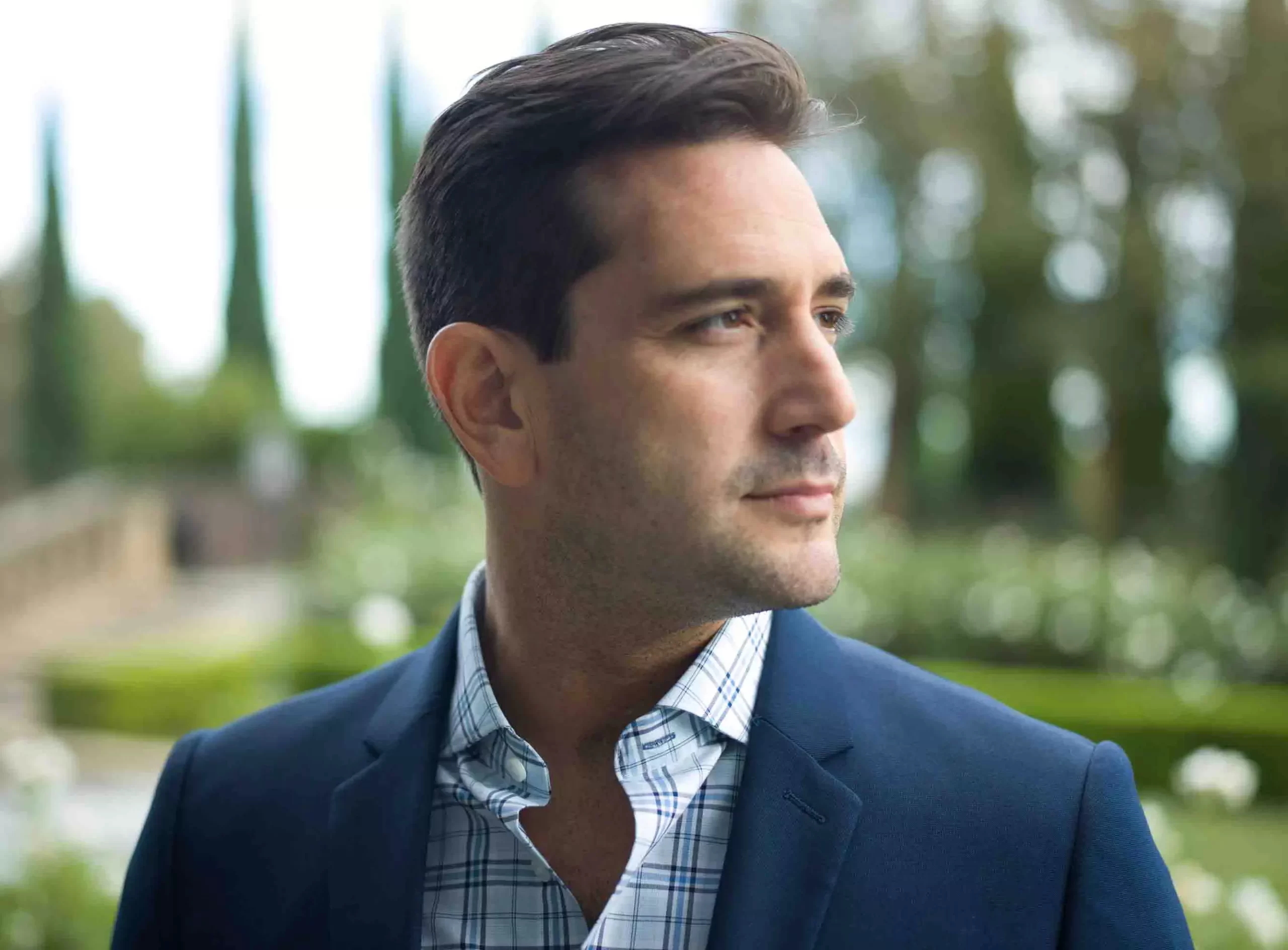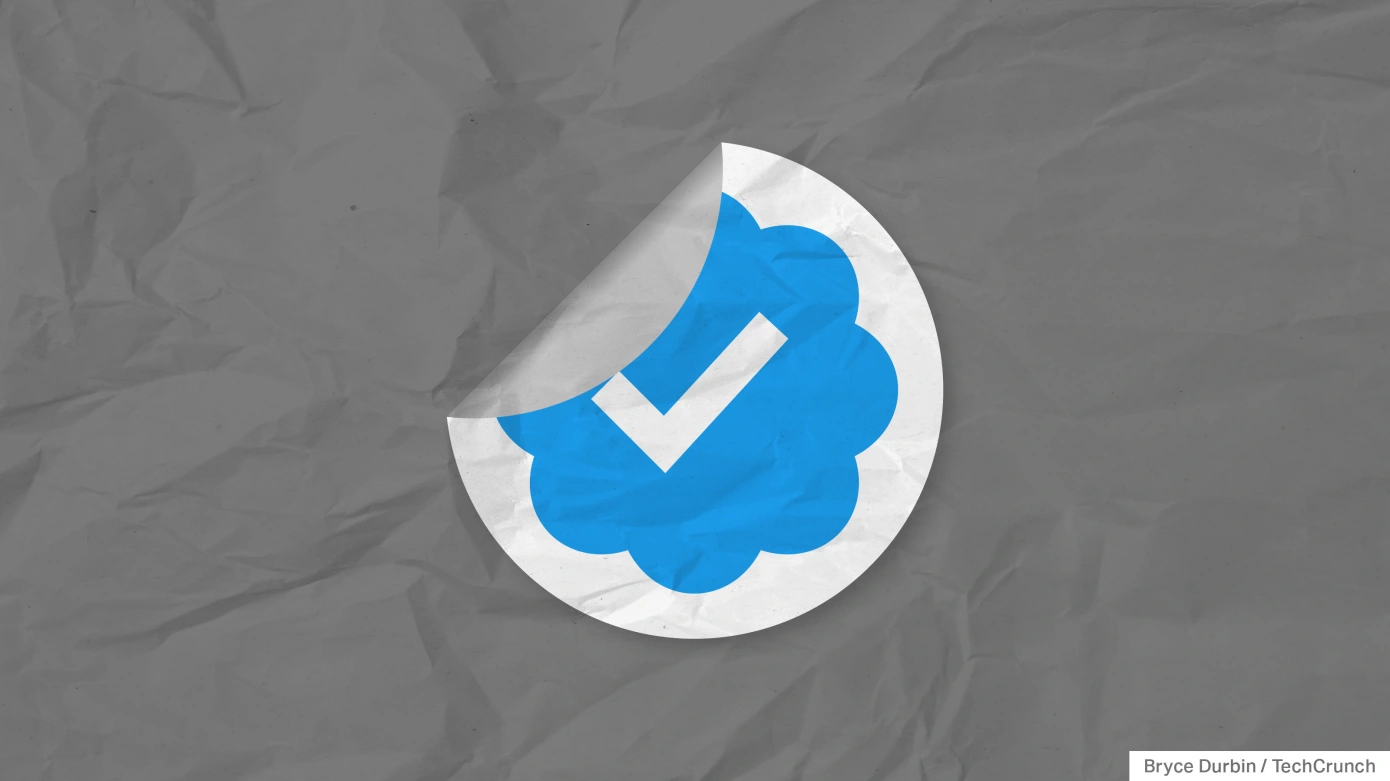We have all been bombarded with ads promising the one secret to wealth beyond our wildest dreams.
Once again, targeted through algorithms, personal information, and cookies that leave us vulnerable to scam artists and con men.
That’s what surprised me about Charles Schwartz. His clients refer to him as ‘The Millionaire Maker’. You see, Charles has never run a Facebook ad promoting what he does. For someone who has been retiring entrepreneurs for over 15 years, you’d be stunned to learn that he did not even have an Instagram account until 2020. When he joined social media, he gained 100k followers and did a 6-figure launch in a weekend.
In a saturated market, it is refreshing, all bit perplexing, that Charles avoids the limelight. From time to time, he pops his head up to lecture at Ivy league schools like Yale, train our United States Coast Guard on human behavior, and speak at think tanks for Fortune 500 companies. If you can catch him, hold on tight. He adores human behavior, systems, and leveraging something he coined ‘persona shifting’. Speaking to his former clients, they shared how without his persona shifting, the seemingly endless income stream would never be possible. Most of his past clients I spoke to, quickly acknowledged the generational wealth he creates, yet they all wanted to talk about something else. Some spoke of how Charles saved their marriage, helped them reconnect with their kids, and others walked back from the brink of suicide. It seems that there is more to this ‘Millionaire Maker’ than just the bottom line.
On this evening, he was speaking with a group of successful entrepreneurs on stage about scaling companies. Most were speaking the normal regurgitated sales pitch, but Charles wasn’t. Instead, he started exploring the issues of those who raised their hands to ask questions. He would speak about scaling, systems, branding cycles, and K.L.T. Most of us had never even heard of K.L.T. (Know, Like, and Trust) prior to this evening. His authenticity was infectious, and his energy was relentless. There was something strange watching him speak on stage. As people spoke, he seemed to know what they were going to say before they said it. He could identify exactly what the hurdle was, and then gave them concrete steps on how to fix it—all in a matter of minutes from meeting them. It ‘broke some domes’ as he likes to put it. One audience member was having a hard time understanding, so Charles asked if he minded coming up and trying something.
It is difficult to explain what happened next. Charles started identifying which ‘version’ of this audience member was showing up. He explained that we all have versions of ourselves; from the one who does not think they are enough, to the unstoppable force. He explained that if we give all the resources to the first version, nothing gets accomplished. But, if we can master being the ‘ideal’ version, everything becomes easy.
He then spent no more than three minutes on stage with the audience member, and POOF! Clarity, direction, and a step-by-step plan came flying out of this audience member’s mouth. It was like Charles had unlocked this super power that was within him. I looked to my right, and the lady next to me was feverishly journaling while repeating, “it all makes sense now.” Charles went on to pivot people and break down plans to scale their companies within minutes. People he had never spoken to before, and industries he had no experience in.
He kept saying, “Humans are predictable, leverage that. When you unlock their truth, you can scale anything.”
To my surprise Charles is a Wall Street Journal Best Selling Author, but what he did next made my jaw drop. An audience member asked where he could pick up a copy of the book. Charles quickly responded, “Please don’t buy it, that is what Instagram is for. Send me a direct message and my team will send you a digital copy.”
So, we all whipped out our phones, and sent his account (iamCharlesSchwartz) a DM saying FREEBOOK.
Within 24 hours, there it was, but something was off. There was no upsell. No ‘pay for shipping’, no attempt to purchase anything. Just a wall of authenticity and a free digital copy of the book.
For the rest of the evening, we mingled and I watched another strange phenomenon. People walked up to Charles, talk for a few minutes, and then quickly either sat down to take notes, or called their business partners explaining how everything just changed. On my way to talk to Charles, I passed a group of guys he had just spoke to, saying to each other, “Dude! This is going to make millions.” Yet you would never know it by looking at Charles. Casual clothes, scruff, and always holding a water bottle. He was as quick to share a hug as he was to share advice. I won’t tell you what we spoke about, but what I will say is I am pretty sure, ‘the Millionaire Maker’ has struck again.

 Sports2 years ago
Sports2 years ago
 Entertainment2 years ago
Entertainment2 years ago
 News2 years ago
News2 years ago
 News3 years ago
News3 years ago
 News3 years ago
News3 years ago
 Tech3 years ago
Tech3 years ago
 Sports2 years ago
Sports2 years ago
 Tech3 years ago
Tech3 years ago



